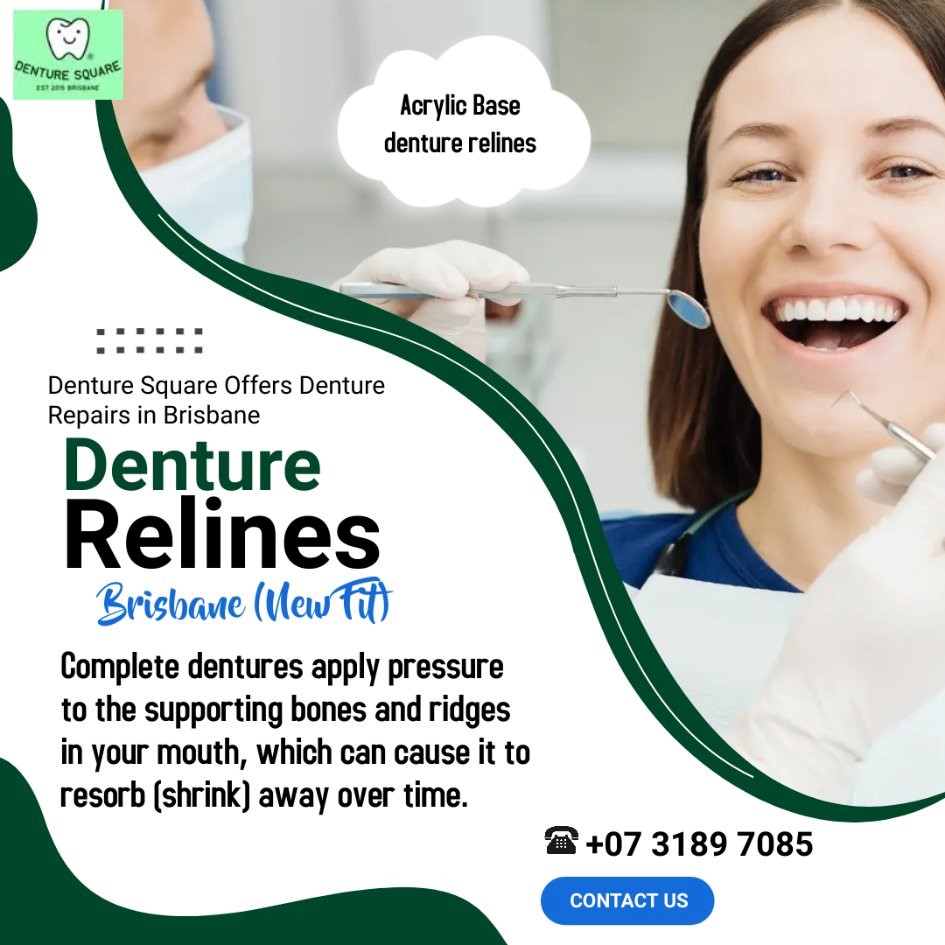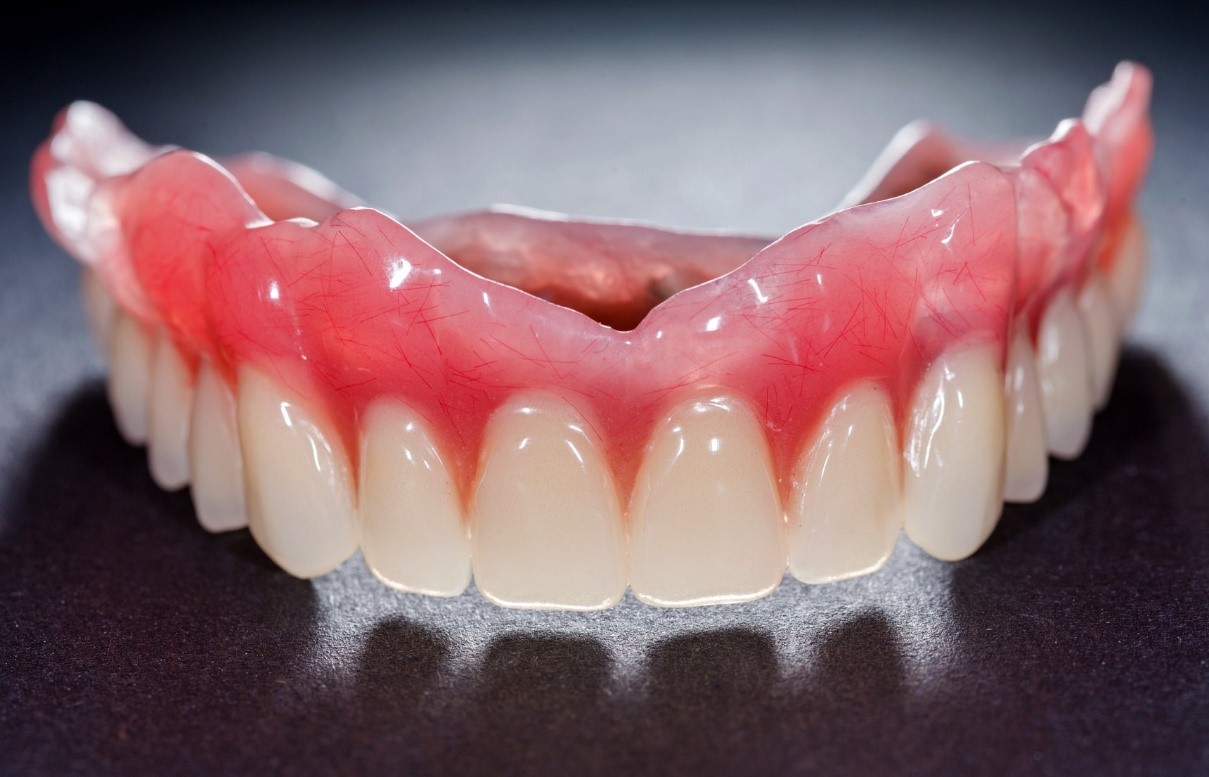
When teeth can no longer be treated by traditional dental operations, dentures are an excellent choice. They do, nonetheless, need some extra attention that regular teeth do not. A denture that previously fit perfectly may lose its tight and pleasant sensation with time. Thankfully, a denture may help you contour your dentures so that they fit correctly again without having to pay for brand new artificial teeth. Take a look at the information below to learn everything you need to know about them.
What exactly is relining?
Soft and hard relining are the two forms of relining. Relining dentures, in any scenario, entails adding a layer of material to the interior of the dentures to improve fit and comfort. Wearing dentures for a period causes the denture to wear away or pieces of it to break down. Your dentures may begin to fit differently and become uncomfortable as a result of this. A reline generally solves the problem in this situation. You can obtain a firm or soft reline according to how much stress and wear your dentures have accumulated. A gentle relining may typically be done in the chair, allowing you to have your dentures back in one visit.
Different types of relining:
- Hard:
Hard denture relining is frequently done at a dental office. However, it will require a laboratory for additional testing. Patients may have to wait longer for dental care if they use this method of relining. Furthermore, the recliner’s material might still be unpleasant for people.
- Soft:

Relining a soft denture is dearer than relining a hard denture. Soft relining, on the other hand, lasts one to two years. A patient’s dentist or prosthodontist may need to see them regularly. Patients having uncomfortable places on their mouths while wearing dentures might consider soft relines.
- Temporary:
When a patient’s gums are irritated and uncomfortable from wearing ill-fitting dentures for an extended period, a temporary reline is performed. The temporary reline acts as a soft cushion, allowing the gums to heal and return to normal.
Relining A Denture: How Much Does It Cost?
Depending on whether it’s a complete denture or partial denture, the cost of a denture reline may change. Nevertheless, the cost of denture relining may fluctuate, it may increase if a laboratory procedure is required. Many patients may want to do a DIY relines kit instead, keeping this in mind. Despite the availability of DIY relining kit supplies on the market, it might put a person’s oral health in danger. Furthermore, the approach is a professionally planned dentistry practice that necessitates the use of a dental health care specialist. It might also be preferable for patients to visit a dentist instead to avoid having to pay for a full denture reline, which is normally more expensive.




How Frequently Should Dentures Be Relined?
A mild reline will last around 1-2 years, whereas a hard reline will last approximately 2 years or more. Due to the obvious difference in materials, a hard reline lasts longer than a soft reline. Until the entire reline is completed, a temporary reline can be done. Because of the changing form of the mouth as people age, dentures only endure around 5 years. Relining dentures can help them last longer since tiny changes develop over time. After a few years of greater alterations, it will be time for a new set of dentures. Relining your dentures should be done every two years at the most.
Denture Square Brisbane can provide you with the most cost-effective denture solutions. They will go above and beyond to guarantee that all of your expectations are satisfied.
Get in touch
Please fill out the form below and our team will get in contact with you shortly.
I will recommend Denture Square to everyone.
Thank you for the great work.
Awesome friendly comfortable service.
I will certainly recommend. Thanks again Bobby


